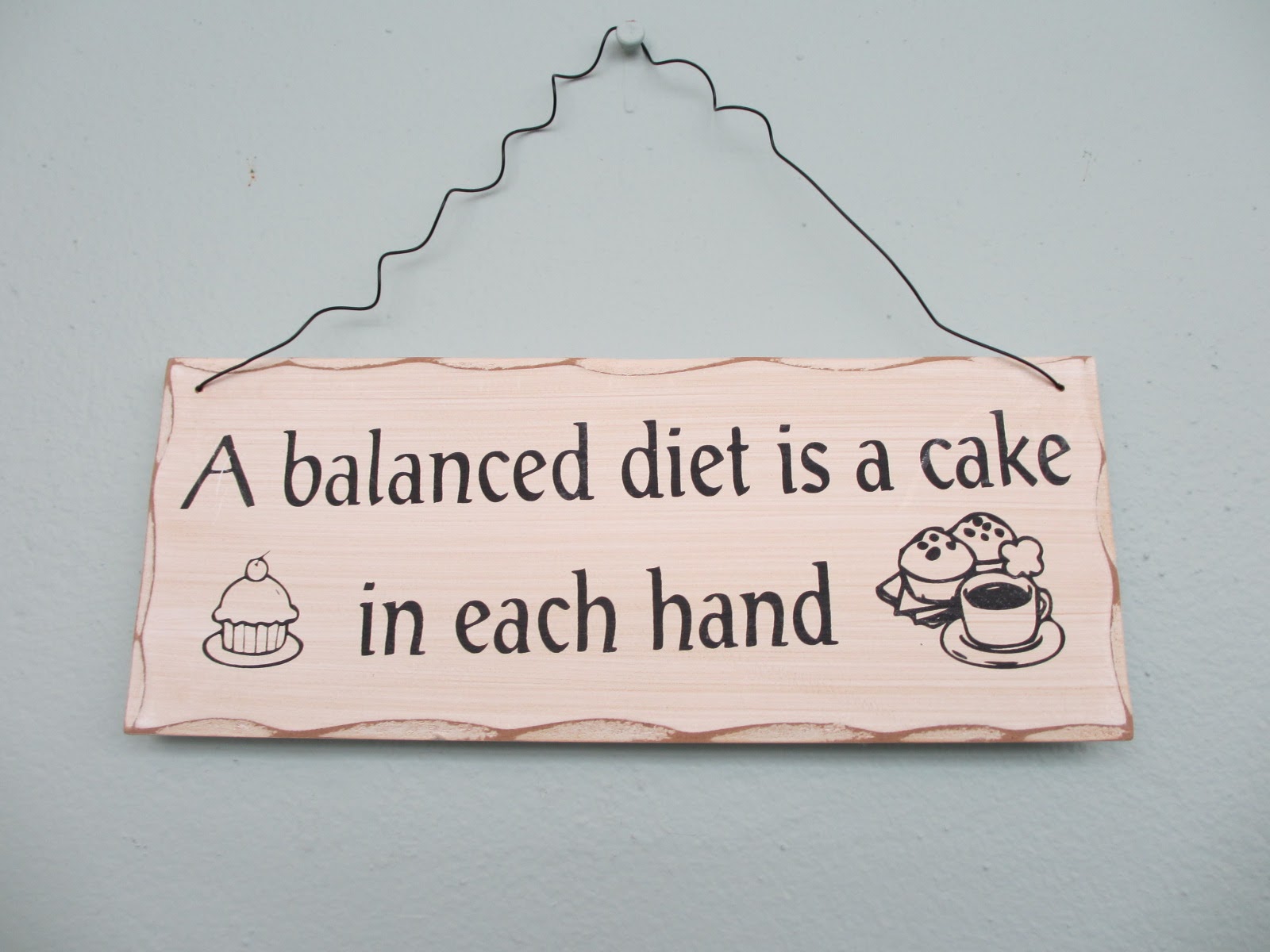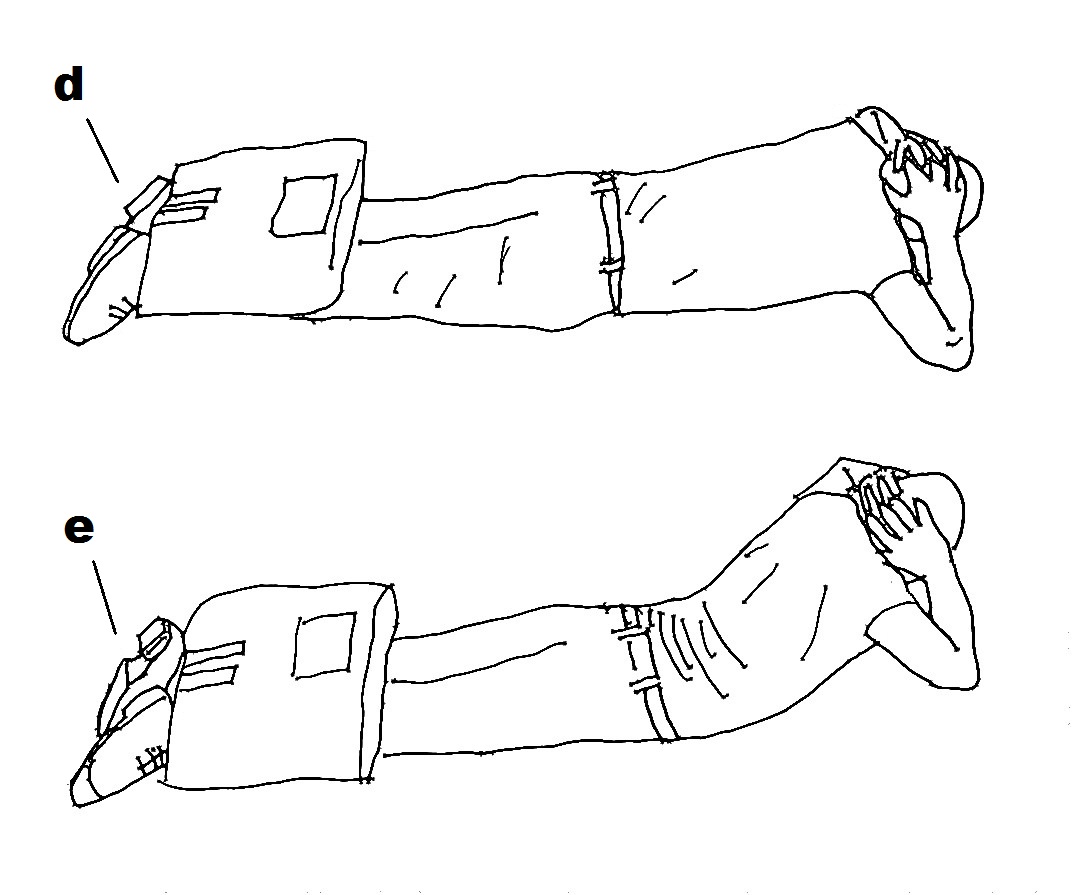Guarding Your Heart: Fifteen Facets of Heart Health Protection Strategies for Embracing a Life of Cardiovascular Wellness
Cardiovascular wellness is not just about preventing heart disease; it's about embracing a lifestyle that promotes a healthy heart. The heart is the engine room of the body, tirelessly pumping blood around the body to keep us alive and well. However, many factors can compromise its health, leading to a plethora of cardiovascular diseases. This article aims to explore 15 distinct strategies to guard your heart and promote cardiovascular wellness. Each strategy is backed by scientific research and offers practical advice that can be integrated into your daily routine. The journey to a healthier heart starts here.
Balanced Diet

A balanced diet is crucial for heart health. Consuming a variety of nutrient-rich foods from all food groups promotes heart health by providing the body with essential nutrients it needs to function properly. This includes lean proteins, whole grains, fruits, vegetables, and healthy fats. Limiting the intake of processed foods, saturated and trans fats, and sugars can significantly reduce the risk of heart disease.
Regular Exercise

Regular physical activity strengthens the heart and improves circulation. It also helps maintain a healthy weight and lowers blood pressure, cholesterol, and sugar levels. The American Heart Association recommends at least 150 minutes of moderate-intensity aerobic activity or 75 minutes of vigorous aerobic activity per week.
